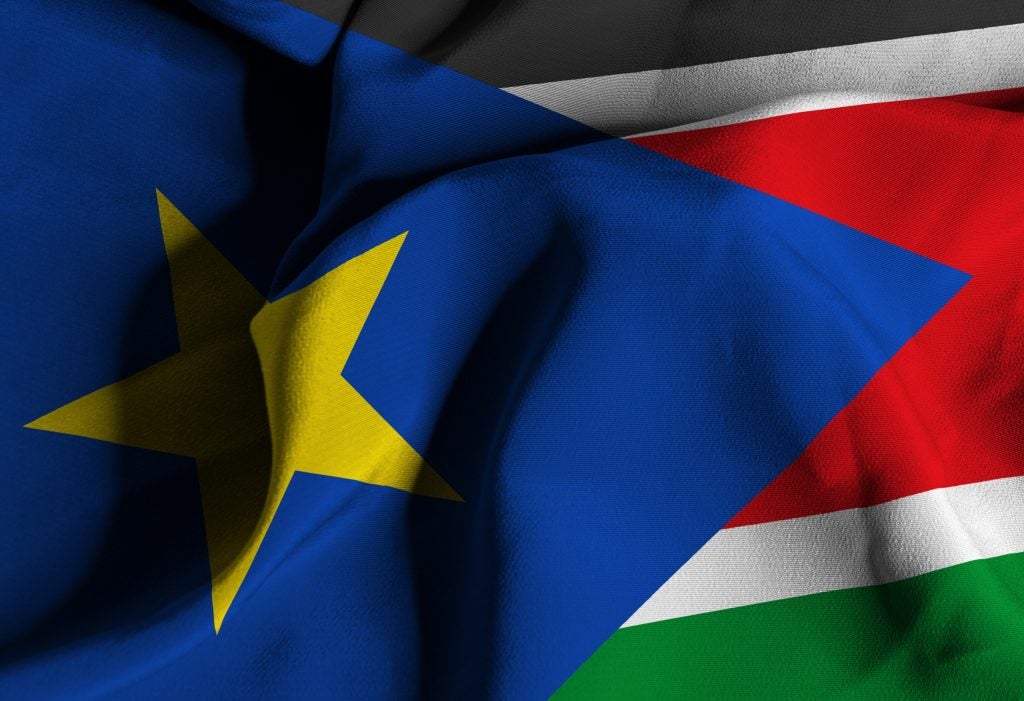There has been a fall in oil prices after major oil producers failed to reach an agreement to freeze output at a meeting in Doha on 17 April.
Brent crude futures fell almost 7% before recovering to $40.97 per barrel, while the US crude futures dropped more than 5% and traded at $38.31 a barrel, Reuters reported.
The failure of the meeting was primarily due to tensions between Saudi Arabia and Iran.
Morgan Stanley told the news agency that the failed agreement ‘underscores the poor state of OPEC relations’.
Since mid-2014, oil prices have decreased by as much as 70% due to high production of one to two million barrels of crude every day by producers in excess of demand.
The meeting in Doha by oil exporters was aimed at finalising a deal to freeze output at January levels until October 2016 amid weak oil prices.
How well do you really know your competitors?
Access the most comprehensive Company Profiles on the market, powered by GlobalData. Save hours of research. Gain competitive edge.

Thank you!
Your download email will arrive shortly
Not ready to buy yet? Download a free sample
We are confident about the unique quality of our Company Profiles. However, we want you to make the most beneficial decision for your business, so we offer a free sample that you can download by submitting the below form
By GlobalDataSaudi Arabia’s demand that OPEC member Iran also needs to sign up led to the failure of the agreement.
Iran did not attend the Doha talks and refused to stabilise production in a bid to regain market share.
Because Saudi Arabia and Russia are producing high levels of oil with Iran also increasing output after the lifting of international sanctions against it, there are no signs that the global oil oversupply would come to an end.







